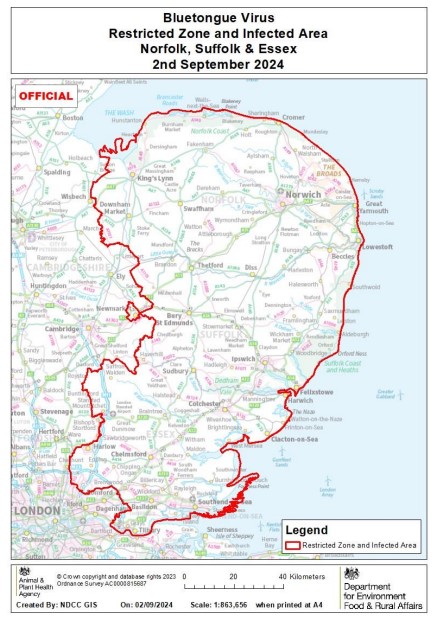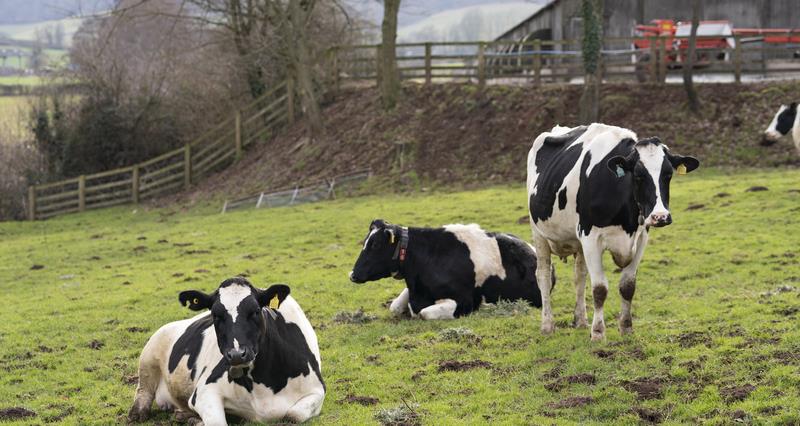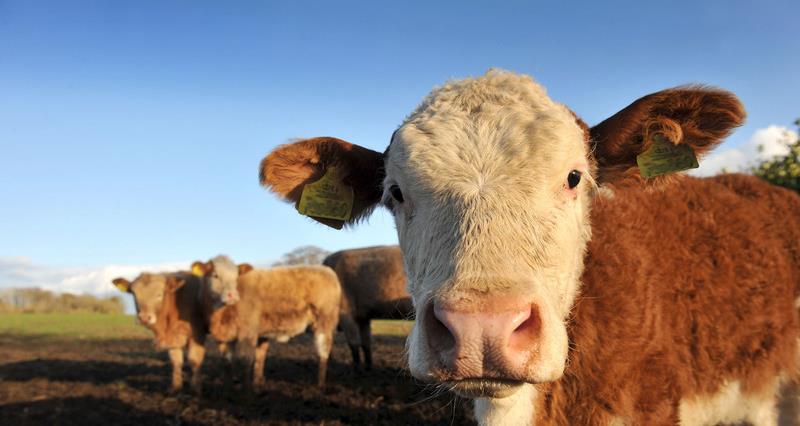On 31 August 2024, TCZs (Temporary Control Zones) in Norfolk and Suffolk were revoked and replaced by a larger RZ (Restricted Zone) covering Norfolk and Suffolk.
On 2 September 2024, having confirmed the presence of BTV-3 on a number of new premises in Suffolk, the RZ and Infected Area has been extended to cover Essex. See map below.
For the official declaration, visit: GOV.UK | Declaration of a bluetongue Restricted Zone and an Infected Area In Norfolk, Suffolk and Essex
This decision was made after the Chief Veterinary Officer confirmed that there is some evidence of local transmission in England of bluetongue virus, and follows the strategy described in Defra’s bluetongue disease control framework. Although no cases have been reported in Essex at this present time, expansion of the RZ helps to prevent further spread of the virus.
Where restrictions apply
Movement restrictions apply to all ruminants and camelids moving out of the zone and to the movement of their germinal products within the zone. However, animals within the RZ are allowed to move under general licence to other premises within the restricted zone. This includes to an abattoir within the RZ.
Animals may be moved into a market within the zone, but on leaving the market cannot be moved to premises out of the zone. Moves to markets outside the zones are not currently allowed.
Animals within the restricted zone may move to a designated abattoir outside the restricted zone using a general licence (EXD603). Please read and fully comply with the terms of that licence to avoid spreading disease outside of the zone; keepers must apply for a specific licence to do so.
You cannot move animals to premises located outside the zone without a specific licence.
Necessary movements only
Farmers are urged to only move animals within the zone where this is absolutely necessary as any movement carries risk of disease spread.
All are advised to take precautions when moving, checking stock for possible signs of disease and spraying the inside of vehicles with insecticide before loading.
Farms that have any land within the restricted zone or straddle the boundary are classified as being within the restricted zone.
Affected animals in the restricted zone will not be culled. If cases occur outside the RZ, whether culling occurs or not will be decided by Defra.
“We urge all livestock keepers to remain vigilant for any signs of clinical disease and to report any concerns quickly to their vet or APHA.”
NFU President Tom Bradshaw
Active surveillance
APHA is conducting active surveillance around the affected premises but the main focus of surveillance will now be at the edge of the zone. If keepers are contacted by APHA about surveillance testing, please comply.
Surveillance is mandatory and any farms not compliant will be placed under restriction.
Germinal products such as semen cannot be frozen within the zone and existing material cannot be moved out except under specific licence.
“We encourage all livestock keepers to comply with any testing requests from APHA.”
NFU President Tom Bradshaw
Vigilance is vital
NFU President Tom Bradshaw said: "The CVO has confirmed that the virus is now spreading in midges in the local area. It is vital that farmers in the newly created Restriction Zone only move animals when necessary and with the appropriate licences.
“This is a worrying development. We urge all livestock keepers to remain vigilant for any signs of clinical disease and to report any concerns quickly to their vet or APHA. We encourage all livestock keepers to comply with any testing requests from APHA.
“The NFU has worked with Defra and APHA to ensure that licences to permit movements within the Restricted Zone are available to farmers. The next step is ensuring that a vaccine is authorised and available as soon as possible.”
Further information
This is a rapidly changing situation so keepers are encouraged to always check the Defra pages on GOV.UK.
Our Bluetongue - essential information page is also being kept up-to-date with the latest developments.
Help and support
If you are in need of help or support in the aftermath of a bluetongue outbreak on farm, there are a number of farming organisations that can help.
NFU CallFirst is also available for help and advice on farming, legal or technical issues on 0370 845 8458.




